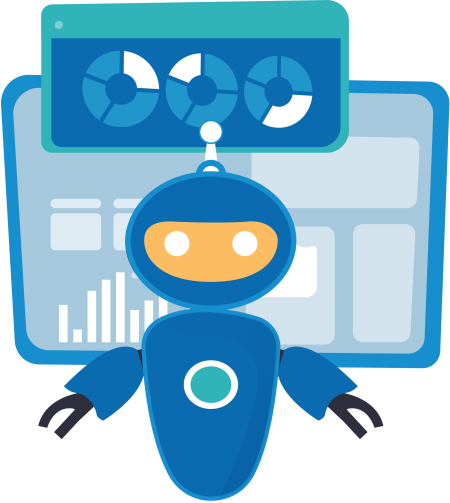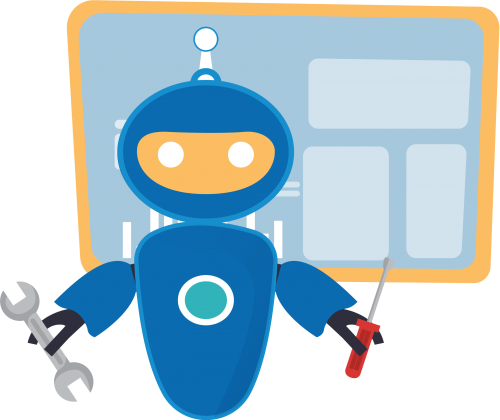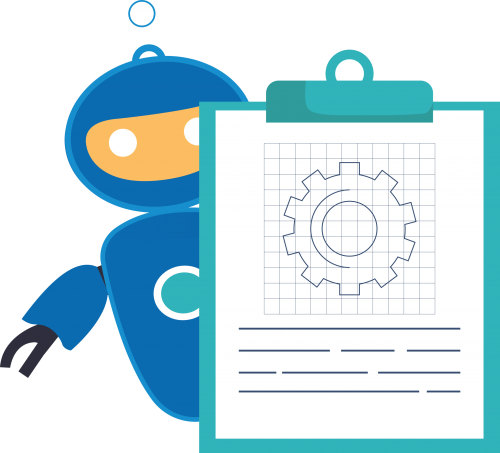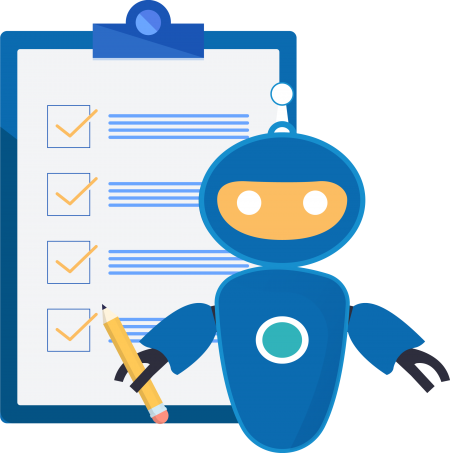
Pedagogical Framework
This section provides an overview of the relevant pedagogical framework for Artificial Intelligence (AI) and STEAM education in EU countries. The pedagogical framework presented in this section has been compiled through extended desk research on the state-of-the-art of Artificial Intelligence (AI) learning for STEAM education in Primary Education (PE) in each country. Specifically, this section examines the different educational backgrounds and national curricula of the EU countries in order to identify possible gaps, misconceptions and common elements for the integration of AI in primary schools.
Although the revolution of AI technology is spreading rapidly, the literature review of the EU countries agrees that the integration and implementation of AI activities in primary schools is limited, not yet proposed or explored and lacks of a national agreement. Also, recent studies on digital skills within Europe but one, are scarce and/or with limited reference on AI. However, there are activities and ideas proposed for the integration of AI in schools.
Software and tools
This section portrays the current methods and approaches, strategies and tools that teachers use to develop their students’ digital skills within AI-STEAM educational contexts. Specifically, it investigates the possible opportunities given to the primary teachers to implement software tools, games and online applications in their classroom in order to integrate AI learning into their teaching.
The opportunities given to the teachers are a combination of structured guidelines, online tutorials, courses and software tools. Specifically, there are different programming projects (games, animations etc.), platforms based on augmented reality, 3D-simulations and virtual reality, inquiry-based and project-based learning approaches, machine-learning tools, programming lessons using algorithms and computational thinking, online STEM training facilities and digital hubs. All these activities can be used as the starting point for an established appropriate pedagogical framework for AI technology in education.


Best Practices
This section provides a collection of 30 best practices that promote and support the development of student’s digital skills through STEAM education. The best practices contain structured curriculum of plugged and unplugged activities, which provides teaching material (power point presentations, worksheets, teacher guides) to assist school teachers in teaching about AI, Training Courses and Programmes for Personal Development, Applications and Online Platforms (e-Platforms), Online Tools (e.g. Presentation Translator), EU Projects, Online Toolkits and Students’ competition using online platforms to create their own interactive stories, games and animations using computational, coding and robotics skills.
AI - STEM Criteria
This section presents a practical checklist with the main competencies and skills primary teachers need to have in order to implement AI-STEM activities in their teaching. Those competencies and skills can be used from educational institutions as the evaluation criteria to assess primary teachers’ AI competence and schools’ digital readiness. This evaluation tool, as a set of specified and targeted questions, can identify the teachers’ strengths and weaknesses in their use of digital technologies for teaching and learning (European Commission, 2018), in order to prepare themselves for educational changes and apply their teaching methods in a modernized digital learning environment.
The creation of this checklist is based on the European Framework for the Digital Competence of Educators (DigCompEdu), which gives a brief description of the meaning of a digitally competent educator and the Self-reflection on Effective Learning by Fostering the use of Innovative Educational Technologies (SELFIE) tool, which is an online and free self-reflection tool for schools, based on DigCompOrg, that helps schools to reflect on how digital technologies are used in their school.

